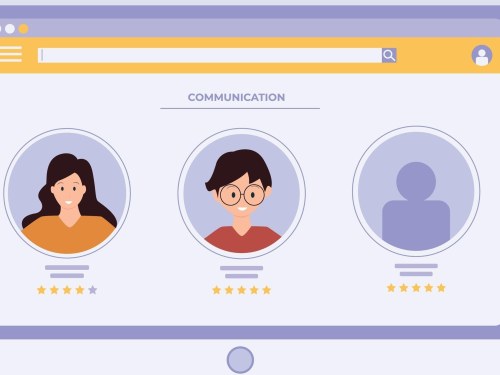Artificial Intelligence (AI) has revolutionized various sectors, and one of its most impactful applications is in chatbots. These AI-driven platforms are transforming customer interaction by providing efficient, real-time communication, thereby enhancing user experience across industries.
Chatbots, powered by natural language processing (NLP) and machine learning, can understand and respond to user queries with remarkable accuracy. They enable companies to automate customer service, reducing the workload on human agents, and allowing them to focus on more complex issues. This shift leads not only to improved productivity but also to higher customer satisfaction as responses are immediate and available 24/7.
One of the significant advantages of AI in chatbots is their ability to learn from interactions. Advanced machine learning algorithms allow chatbots to accumulate knowledge over time, improving their responses and conversational abilities. For instance, as a user interacts with a chatbot, it learns from the context and can offer personalized solutions based on past interactions. This adaptability enhances the overall user experience and builds a strong rapport between the user and the brand.
Moreover, AI-enabled chatbots can handle multiple conversations simultaneously, which is particularly beneficial during peak times or crisis situations. They can efficiently process inquiries ranging from simple FAQs to more complex issues, ensuring that customers receive the information they need without wait times. This efficiency is not only advantageous for customer service but also for businesses striving for cost-effectiveness.
However, while AI chatbots are highly effective, they are not without challenges. Misunderstandings can occur, particularly with complex queries or nuanced language. As a result, it is essential for companies to strike a balance between AI and human intervention. Hybrid models, where chatbots manage initial inquiries and escalate complicated issues to human agents, tend to yield the best results.
Looking forward, the evolution of AI in chatbots promises to continue enhancing user interactions. With advancements in sentiment analysis and better data integration, future chatbots will likely become even more intuitive and responsive, further bridging the gap between human and machine communication.
In corporate landscapes where customer engagement is critical, the integration of AI in chatbots will remain a pivotal component, driving growth and fostering stronger customer relationships in the digital era.

